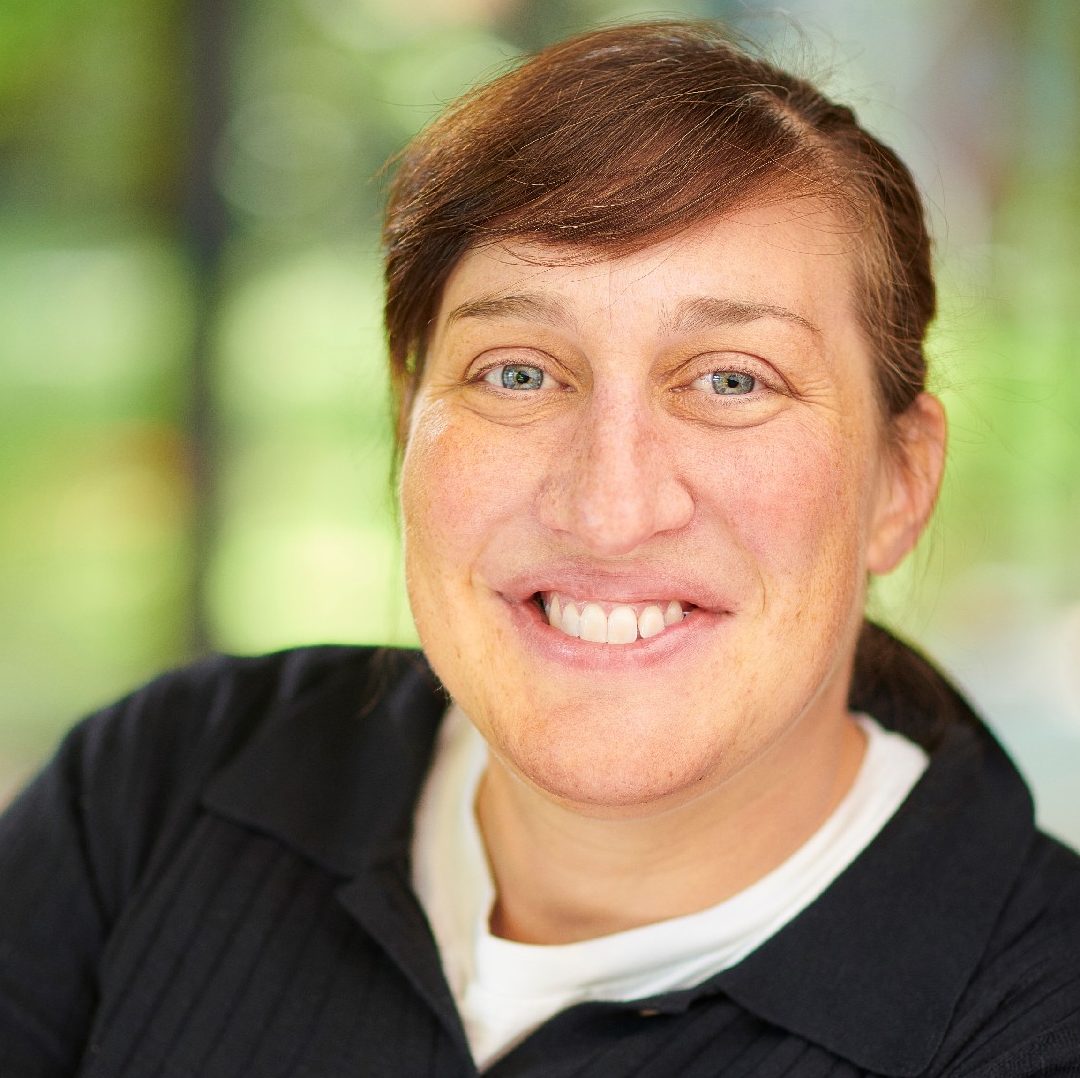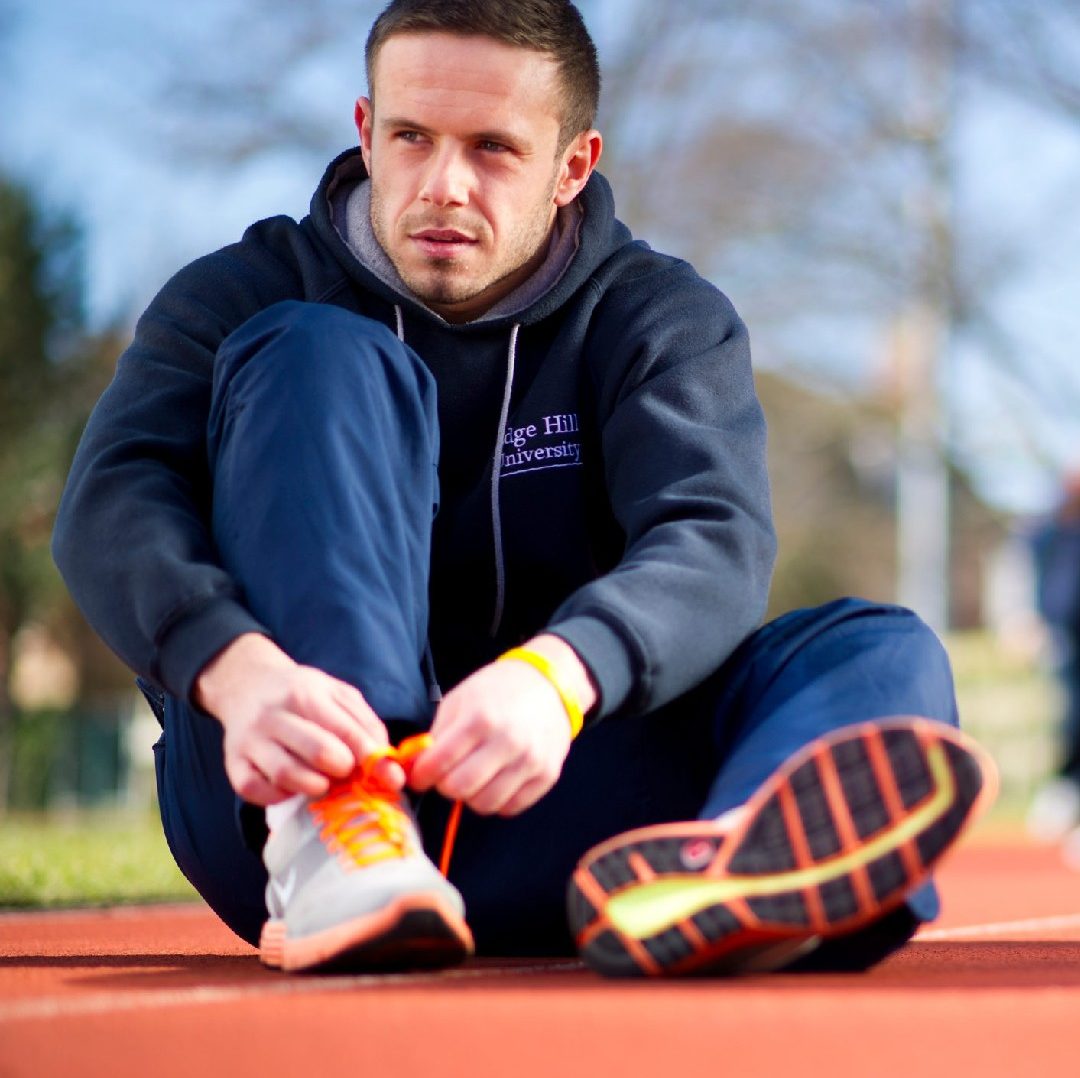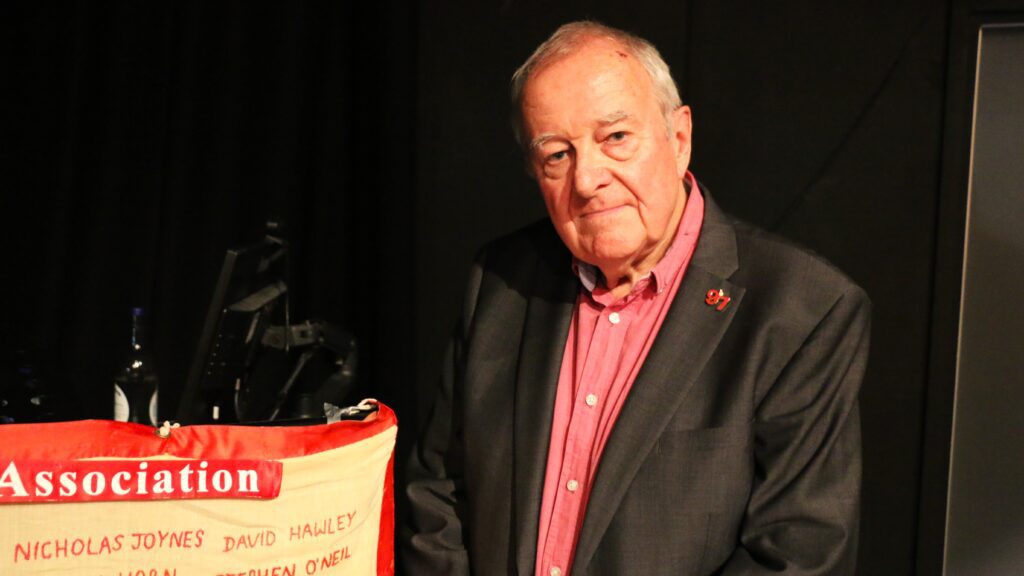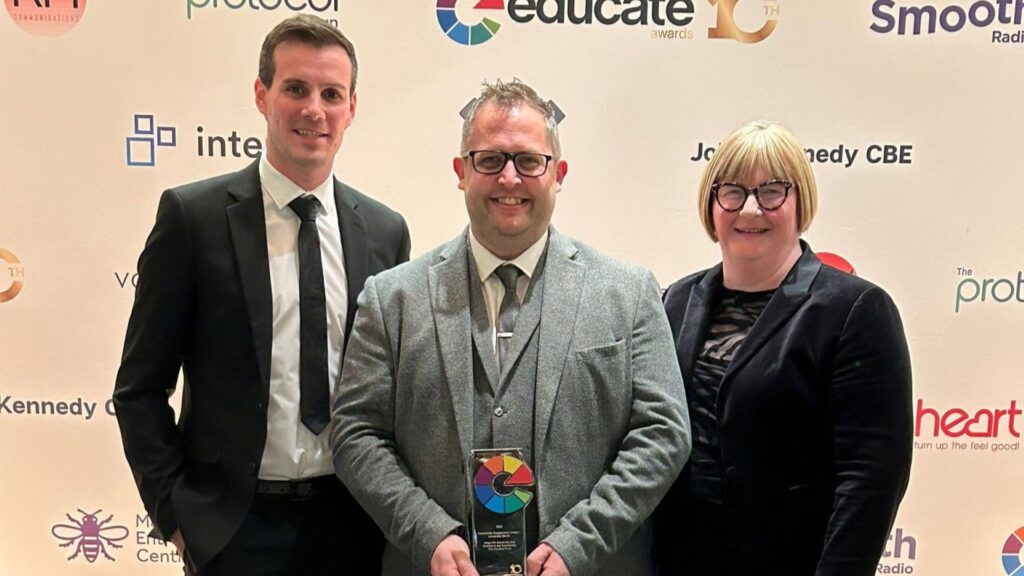Senior lecturer in health and social wellbeing, Dr Nicola Relph, is interested in physical activity and sports related injuries. Her recent research and teaching focuses on community based physical activity – understanding people’s reasons and motivations for starting physical activity and being there to help people to sustain their physical activity levels. Nicola tells us more.

What first interested you in health and social care and particularly your specialist area of physical activity?
My route into health and social care has not been the most natural. I started off in sport with an interest in elite level sport performers and more specifically in knee injury. Eventually, I began to realise that with only a limited number of elite sports performers, my interest and research in that area would perhaps not make the difference that it might if it focussed on wider population groups. So, this led to an interest in health and public health – looking at more population level and community based physical activity. I began to apply the knowledge from my research in sport, and my interest in injury, to people who are only just thinking about taking up some form of physical activity. My work and teaching now predominantly focuses around the question: what can we do to help people start and sustain their physical activity levels? As a population, we all know the benefits of physical activity and, more often than not, we know that we should be doing more physical activity and should be eating healthily – so what can we do to help people get there?
You have recently been part of a project looking into trainers. Tell us more about this.
This piece of research is a mixed project alongside colleagues in the department of sport & physical activity at Edge Hill, colleagues from other Universities, as well as podiatrists in practice. The research brings together data and evidence to explore whether wearing running trainers stops people getting injured when they run. The research also investigates whether it matters if you wear a certain type of running trainer, as the trainer manufacturers would have us believe. At this stage, the evidence is very mixed, and, for the moment, there is certainly no clear evidence to suggest that trainers do reduce running related injuries. This doesn’t mean that they don’t – it just means that there is not enough evidence to make a claim either way regarding whether they do or don’t prevent injury. This is a very interesting finding though given the amount of supposed research-informed advertising and how much money is made from the running shoes industry. Ultimately, it appears that the general population’s decision-making around running trainers may be driven by the views and choices made by elite performers.
In agreement with parkrun, I am also involved in a project using some of their data to investigate people’s reasons and motivations for doing the 5k events, as well as the types of people who do them. As part of this, we are also aiming to look at mental health links, to see if we can establish whether people feel their emotional wellbeing improves as a result of doing the run.
I have also been exploring Couch to 5k runners – asking them questions about how they felt about the programme, and measuring things like injuries and whether their knees hurt after running. I wanted to see whether people new to exercise get injuries that they don’t understand. The initial findings for this are that some people start to do physical activity, then things start to hurt, but they’re not really sure what the injury is and don’t feel they could see a physiotherapist because they’re not an elite athlete and don’t see themselves as a runner. Quite worryingly, these people seem to just stop and generally put it down to being “too old” or “too unfit”. We want to target these people, and if they drop off, want to help them and let them know about the support they can access and help them continue physical activity safely.

How can students on the BA (Hons) Health & Social Wellbeing programme get involved in these topics?
There are a range of modules throughout the BA (Hons) Health & Social Wellbeing programme in which students can explore topics such as these. On the first-year module health and wellbeing across the life course, for example, students really delve into how the health needs and health outcomes of individuals change as they move through their life. From babies to the older aged groups, what different health needs do we have? Students get to focus on a specific population group and explore what health needs they have at those different stages in their life. There is also the second-year module Inequalities in Health on which students develop an understanding as to why we still very much have health inequalities in this country. Students really reflect on their own backgrounds in this module and this often raises further conversations about what we define as health. We are eager to ensure that students not only see health as physical, but also see the mental health, wellbeing and particularly the social aspects too. We try to ensure students move away from any views that bad health is because of bad choices or bad education. In the third year, students also engage in placements during their degree. By this point, students generally have an idea of the field or sector that they want to work in, so a placement gives them the opportunity to experience, first-hand, some of the issues faced by the population in terms of their health and wellbeing needs.
What are your recommendations or top tips for anyone looking to study in this area?
Firstly, you must have a passion and an interest in all aspects of health and social wellbeing. Don’t spend time reading loads of textbooks because that is what you will do once you are here. We are very keen for students to arrive with a non-judgemental opinion and an idea of how they feel about health and social care. We want to have conversations and debates as soon as you arrive in first year, so just engage in discussions about health that are available to you. How do the media portray health, for instance? Get an idea of how the NHS works too by watching TV programmes like Hospital, 24 Hours in A&E and Ambulance. These shows give a fantastic insight into the work these practitioners do and the different sorts of people that access the NHS.
July 8, 2022


